
How Economic Trends Affect Personal Finances and Investments
 By James Carter
By James CarterEconomic trends play a crucial role in shaping personal finances and investments. Whether it's the state of the economy, inflation rates, or interest rates, economic trends influence how individuals manage their money, invest in stocks, bonds, and real estate, and plan for retirement. Understanding these trends is vital to making informed financial decisions. In this article, we’ll explore how various economic trends impact personal finances and investments.

Inflation and Its Impact on Personal Finances
Inflation refers to the increase in the general price level of goods and services over time. When inflation rises, the purchasing power of money decreases, meaning that individuals can buy less with the same amount of money. This has a significant impact on personal finances in several ways:
Increased Cost of Living: As inflation drives up the prices of everyday goods and services, individuals may struggle to keep up with higher living expenses. This can lead to reduced disposable income and financial strain.
Interest Rates: Central banks often raise interest rates to combat inflation, which makes borrowing more expensive. Higher mortgage, car loan, and credit card rates can affect your ability to finance big purchases or manage existing debt.
Investment Considerations: Inflation can erode the real returns on investments. For example, the value of fixed-income securities like bonds may decrease as inflation rises, while stocks and real estate may perform better if they outpace inflation.
Interest Rates and Their Effects on Investments
Interest rates, set by central banks like the Federal Reserve, directly impact the cost of borrowing money and influence various types of investments. Changes in interest rates can have a significant effect on personal finances and investment strategies:

Borrowing Costs: When interest rates rise, borrowing becomes more expensive, making it harder for individuals to finance large purchases, like homes or cars, or take on additional debt.
Stock Market: Interest rates also affect the stock market. Higher interest rates can lead to lower corporate profits and decreased stock prices, particularly for industries that rely heavily on borrowing. Conversely, lower interest rates can encourage more investment in stocks.
Real Estate: Higher interest rates generally lead to higher mortgage rates, which can reduce demand for housing and slow down the real estate market. On the other hand, lower interest rates may encourage more people to buy homes and invest in real estate.
Economic Growth and Its Impact on Investments
You might also like
1. The Role of Cryptocurrencies in the American Financial System2. Smart Ways to Save for Your Child’s Education3. How to Build Wealth: Investing for Beginners4. Swing Trading vs. Scalping: Which Strategy Works Best?Economic growth, measured by GDP, has a direct influence on personal finances and investments. When the economy grows, businesses tend to do well, leading to higher wages and job growth. Here’s how economic growth affects personal finance decisions:
Stock Market Growth: Economic expansion is generally favorable for the stock market. When businesses grow and profits rise, stock prices typically follow suit, leading to higher returns for investors.

Higher Employment and Wages: In a growing economy, job opportunities increase, and wages tend to rise. This gives individuals more disposable income to save and invest, allowing for better financial security.
Real Estate Market: Economic growth can lead to increased demand for housing and commercial properties, driving up property values and rent prices. This creates opportunities for real estate investors to capitalize on a booming market.

Recession and Its Effect on Personal Finances and Investments
A recession is a period of economic decline, marked by reduced consumer spending, business slowdowns, and higher unemployment. Recessions can have a profound effect on personal finances and investments:
Job Losses: During a recession, companies may lay off workers or freeze hiring. Unemployment can rise, leading to decreased income and financial hardship for many households.
Investment Losses: Recessions often lead to declines in the stock market as companies experience lower profits, and consumer spending slows down. This can result in significant losses for investors in equities and other riskier assets.
Opportunity for Bargain Investing: While recessions can be challenging, they also present opportunities for savvy investors. Stock prices tend to fall during economic downturns, which allows long-term investors to buy shares at discounted prices.
Global Events and Their Impact on Personal Finances
In today’s interconnected world, global events such as trade wars, geopolitical instability, and pandemics can have a significant impact on personal finances and investments. These events can influence everything from market volatility to supply chain disruptions. Here’s how global events affect personal finance:
Market Volatility: Political or economic uncertainty in one part of the world can trigger market volatility globally. For example, trade wars or international sanctions may cause supply chain disruptions, affecting the prices of goods and services.
Investment Strategies: Global events may prompt investors to adjust their portfolios to reduce risk, diversifying into safe-haven assets like gold or treasuries. Economic uncertainty may also lead to greater interest in defensive stocks or bonds.
Exchange Rates: For individuals involved in international business or holding foreign assets, global events can impact exchange rates. A strong or weak domestic currency can influence the value of foreign investments and affect the cost of goods and services imported from other countries.
How to Protect Your Finances from Economic Trends
While economic trends are often out of your control, there are steps you can take to protect your personal finances from their negative effects:
Diversify Your Investments: A well-diversified portfolio, including stocks, bonds, real estate, and precious metals, can help mitigate risks associated with market downturns, inflation, and interest rate fluctuations.
Maintain an Emergency Fund: Having a sufficient emergency fund provides financial security during periods of economic uncertainty or job loss. It helps to cover expenses without relying on debt.
Be Strategic with Debt: Managing your debt wisely is crucial, particularly when interest rates are rising. Prioritize paying off high-interest debt to minimize the financial burden during periods of economic stress.
Conclusion
Economic trends, such as inflation, interest rates, and economic growth, have a significant impact on personal finances and investments. Understanding how these trends affect your financial decisions allows you to adapt and make informed choices about your money. Whether preparing for a recession, taking advantage of market growth, or responding to global events, staying informed and planning ahead is essential to maintaining financial security and growing your wealth.
About the author
 By James Carter
By James CarterJames Carter is a seasoned finance writer with over 8 years of experience helping millennials and Gen Z take control of their money. With a background in economics and a passion for demystifying complex financial concepts, Ananya shares actionable tips on budgeting, investing, and building long-term wealth. Her mission is to make financial literacy accessible, relatable, and empowering — no jargon, just smart money moves.
More like this

Stock Buybacks: How They Influence Share Prices
Stock buybacks have become a common strategy for companies looking to boost share prices and reward investors. Understanding their impact can help investors make informed decisions.
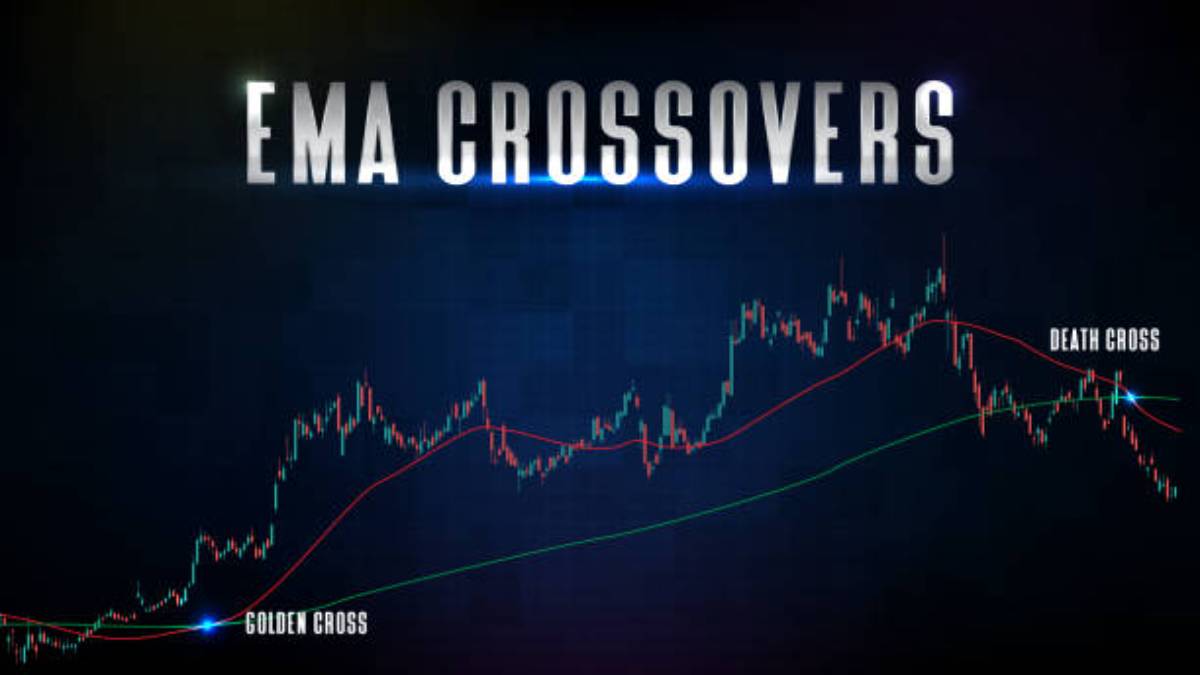
Meme Stocks: Are They Making a Comeback?
Meme stocks took the financial world by storm in recent years, driven by online communities and retail investors. As market conditions shift, many wonder if these stocks are making a comeback.

Dividend Stocks vs. Growth Stocks: Where’s the Best Opportunity?
Investors often face a crucial decision when building their portfolios: Should they invest in dividend stocks for stability or growth stocks for higher returns? Understanding the differences can help in making the right choice based on financial goals and risk tolerance.
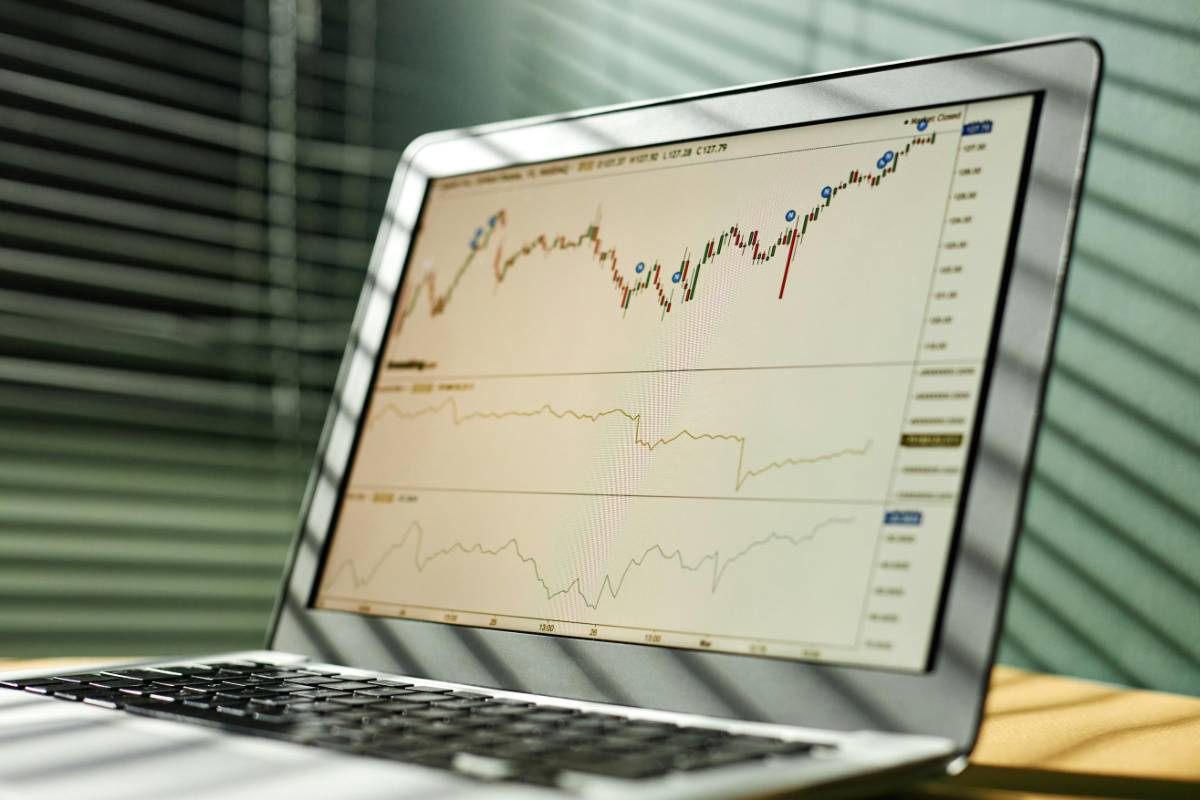
How Geopolitical Events Affect U.S. Stock Performance
Geopolitical events have a significant impact on the U.S. stock market, influencing investor sentiment, market volatility, and sector performance. Understanding these effects can help investors navigate uncertainty and make informed decisions.
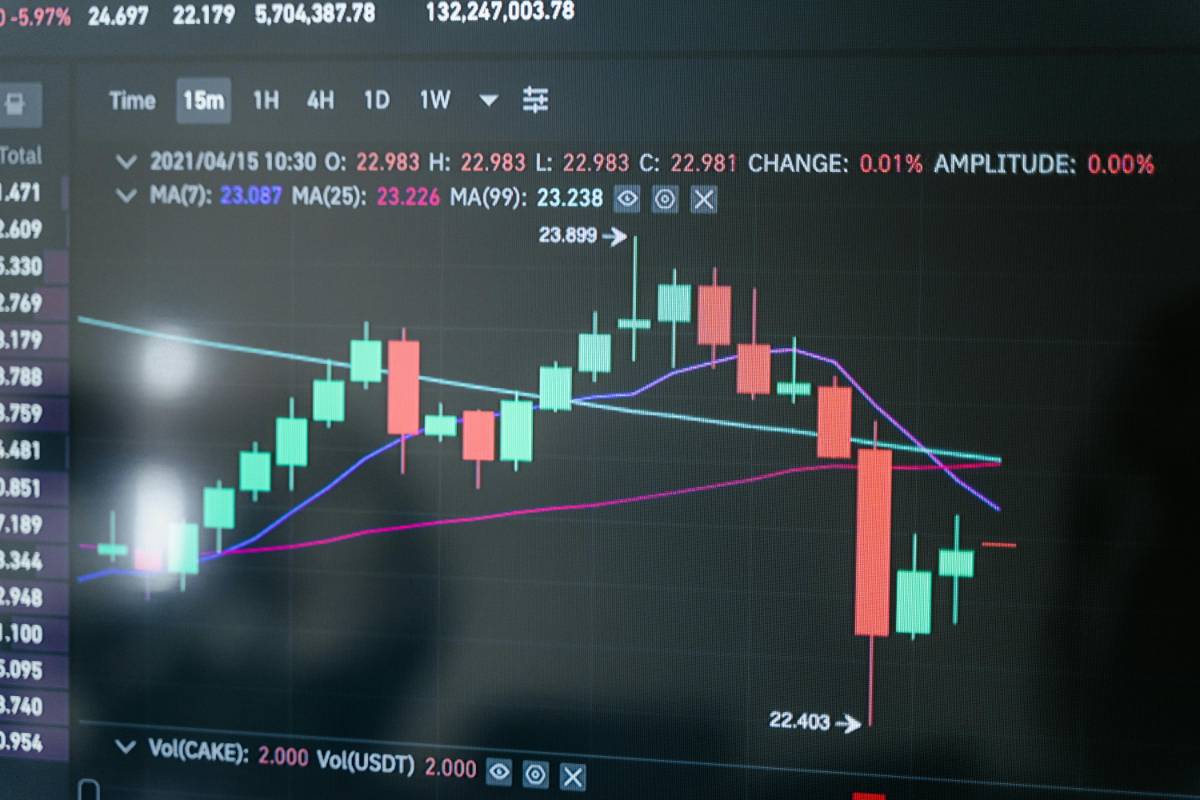
AI and Automation: The Next Big Disruptors in the Stock Market
Artificial intelligence and automation are transforming industries, and the stock market is no exception. These technologies are reshaping investment strategies, trading mechanisms, and market dynamics at an unprecedented pace.
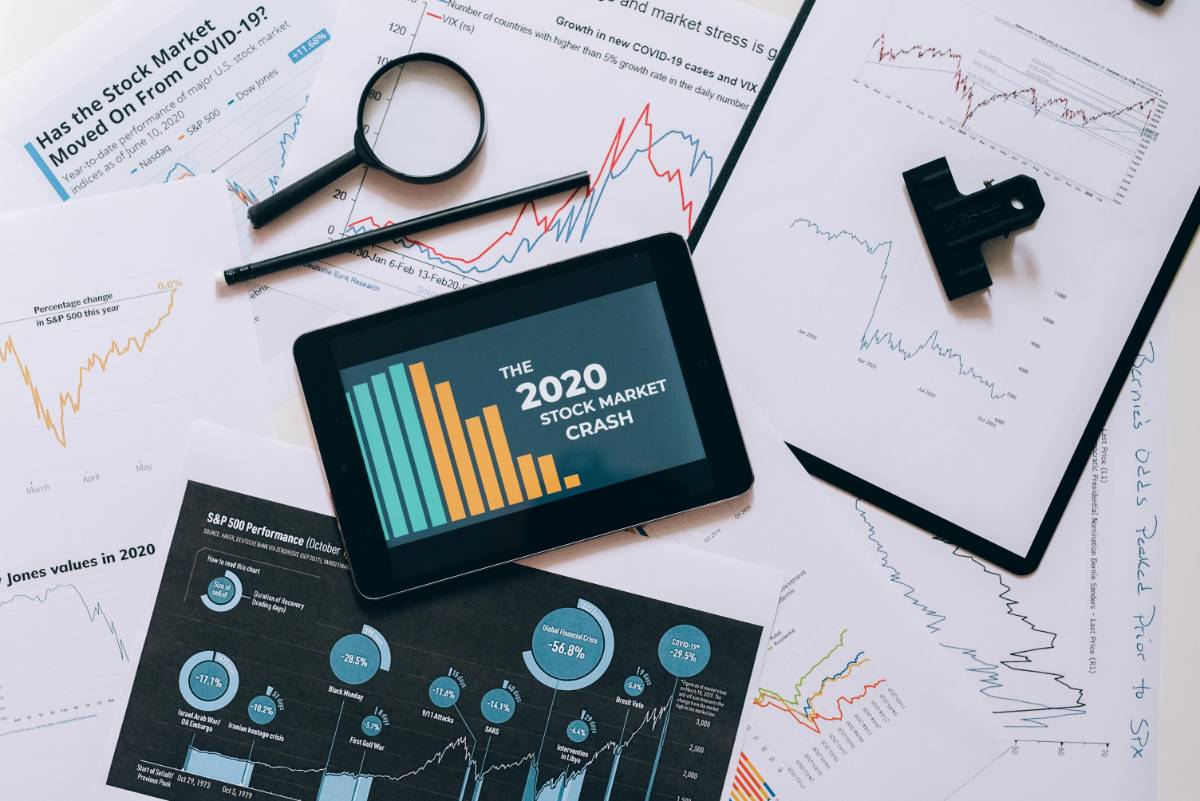
S&P 500 vs. Nasdaq: Where Should You Invest?
Investors often compare the S&P 500 and the Nasdaq when deciding where to allocate their funds. Understanding the differences between these indices can help you make a strategic investment choice based on your risk tolerance and financial goals.

Why Tech Stocks Are Leading the Market Again
Tech stocks are once again at the forefront of the market, driven by innovation, strong earnings, and investor optimism. As companies in the sector continue to expand their influence, understanding the reasons behind this surge can help investors make informed decisions.

The Impact of Federal Reserve Policies on the Stock Market
Federal Reserve policies play a crucial role in shaping the stock market. Interest rate decisions, quantitative easing, and regulatory measures directly impact investor sentiment and market performance. Understanding these effects can help traders and long-term investors navigate the evolving financial landscape.
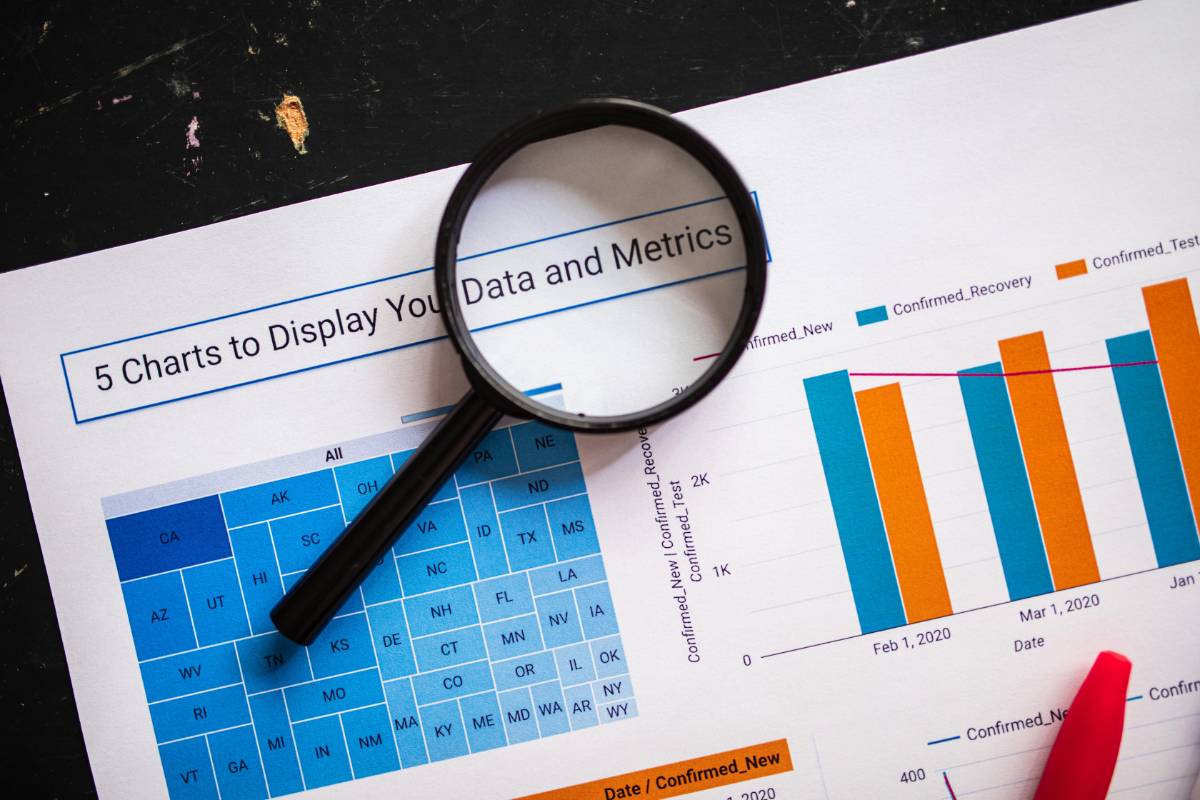
Top Performing Stocks on Wall Street This Quarter
The latest quarter on Wall Street has seen significant movements, with some stocks outperforming expectations while others struggled to keep up. Understanding these trends can help investors make informed decisions moving forward.

U.S. Stock Market Outlook: What to Expect in 2025
As we move into 2025, investors are looking for insights into the U.S. stock market's potential trajectory. Market trends, economic policies, and global events will all play crucial roles in shaping investment opportunities.

Market Volatility: Should Investors Be Concerned?
Market volatility is a common concern for investors, especially in uncertain economic conditions. While fluctuations in stock prices can be unsettling, understanding the factors behind market swings can help investors navigate uncertain times with confidence.

Tech Stocks to Watch: Are We in Another Boom?
The technology sector has been a driving force in the stock market, and recent trends suggest another potential boom. With advancements in artificial intelligence, cloud computing, and semiconductor innovation, investors are eyeing key tech stocks for future growth.

How Federal Reserve Decisions Are Impacting U.S. Stocks
The Federal Reserve plays a crucial role in shaping the U.S. stock market. Interest rate adjustments, monetary policy shifts, and economic outlooks set by the Fed significantly influence market trends and investor sentiment.
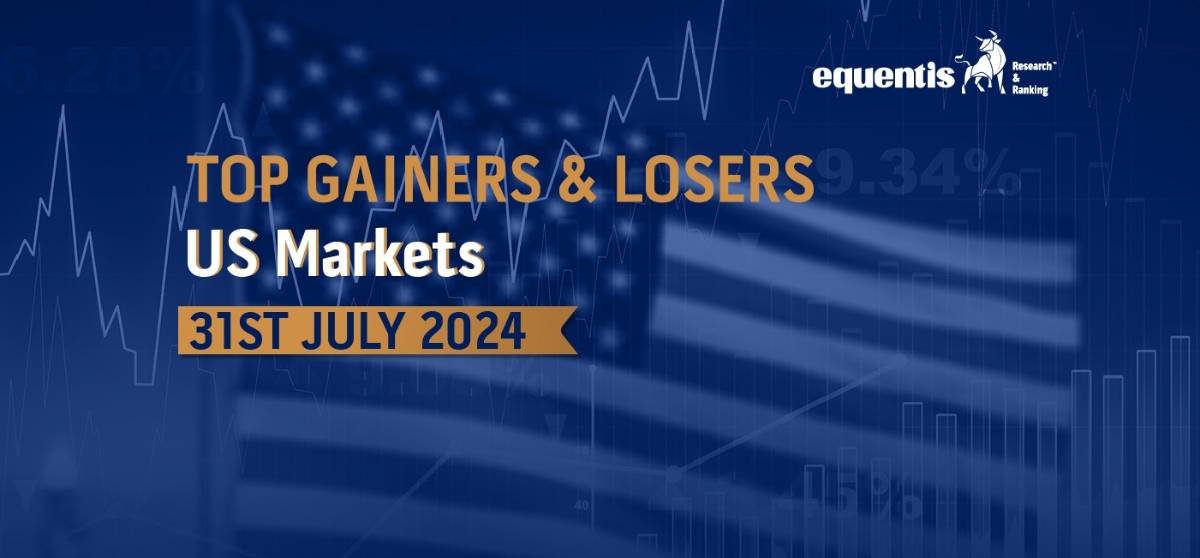
Top Gainers and Losers on Wall Street This Month
The stock market is constantly shifting, with certain stocks outperforming while others struggle. This month, Wall Street has seen significant movements in both directions. Here’s a look at the top gainers and losers.

Latest Trends Shaping the U.S. Stock Market in 2025
The U.S. stock market is evolving rapidly, with new trends shaping investor strategies and market movements. Understanding these trends can help investors make informed decisions in 2025.

Emergency Funds: Why They’re Essential and How to Build One
An emergency fund is a crucial aspect of financial planning, providing a safety net for unexpected situations such as medical emergencies, car repairs, or sudden job loss. Having a well-established emergency fund can reduce stress and prevent you from going into debt when life’s unexpected events occur. In this article, we’ll explore why emergency funds are essential and how you can start building one today.



